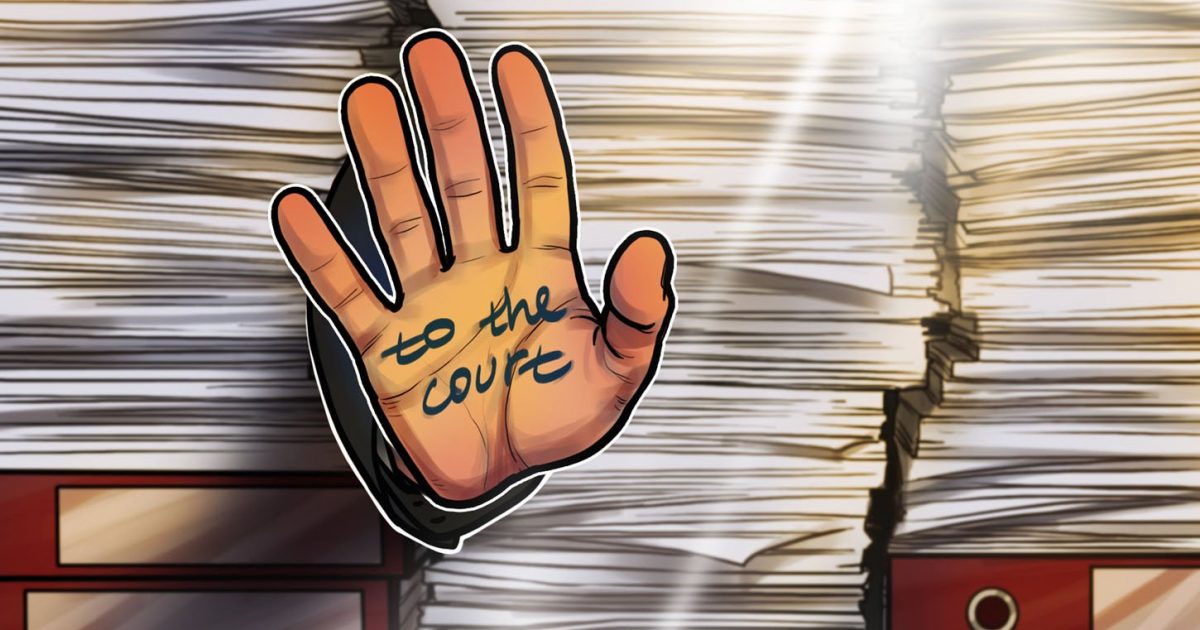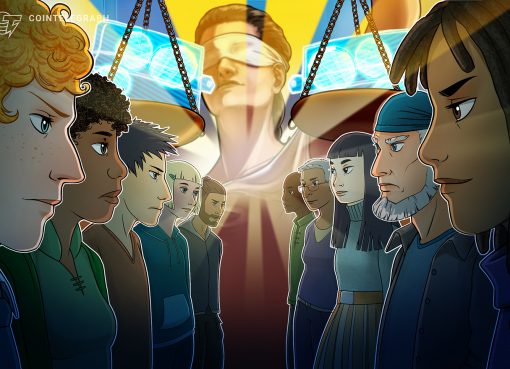The crypto news headlines at the start of May with regard to Kleiman v. Wright were mostly variations on the theme of Craig Wright’s Satoshi case going to trial. The two parties appear well entrenched in their positions, and lawyers for both sides have said they expect the trial to begin as scheduled on July 6, 2020, in Florida.
Does this mean there will be no settlement? “This is not like an ordinary commercial dispute where the parties can agree they’ve got a 50-50 chance of winning on an ambiguous contract provision, so they just split the difference,” Jason Gottlieb, a partner and the chair of Morrison Cohen LLP’s White Collar and Regulatory Enforcement Practice Group, told Cryptox, adding: “There’s a lot of money on the line, and for Dr. Wright, his reputation. It’s a relatively hard case to settle.”
A settlement requires “two to tango,” noted Florida attorney Bradford Patrick, and one of the parties here, Craig Wright, is no ordinary litigant. “There will be no resolution because he would rather play with fire to the end,” he told Cryptox. Still, “never say never,” added Gottlieb. “Most cases settle.”
Slapping Wright with sanctions?
Meanwhile, skirmishing continues. On May 5, the plaintiffs announced their intent to file a sanctions motion, and on May 8, they filed a motion for partial summary judgment on the defendant’s affirmative defenses. What do we make of that?
Given defendant Wright’s behavior in the case, it isn’t surprising that the plaintiffs might file a sanctions motion — which basically punishes Wright for improper conduct — especially if they believed Wright submitted a false list of Bitcoin addresses in response to the court’s order, as claimed, suggested Grant Gulovsen, an Illinois attorney who focuses on cryptocurrency and blockchain matters. Gulovsen told Cryptox:
“This may not have much significance in terms of the ultimate outcome of the case, but to the extent that the crypto community believes strongly one way or another about the credibility of the defendant, I think this is very significant.”
And even if the plaintiffs do not prevail on the sanctions motion, added Gottlieb, it would “remind the judge of all the bad behavior that Dr. Wright has exhibited throughout the case, in the hopes of influencing any later close calls, and depriving him of the benefits of any doubts.”
As for the plaintiffs’ motion for partial summary judgment on the defendant’s affirmative defenses, this was made under seal due to the confidentiality order in place, so no one really knows what’s in it. Asked to speculate, Gottlieb told Cryptox:
“Frankly, I would expect plaintiffs to come out swinging in this summary judgment motion, and possibly eliminate some or all of the affirmative defenses in the case. It is possible that they may be shooting to affirmatively win the case on summary judgment.”
Nixing expert witnesses?
Also on May 8, Craig Wright filed a motion to exclude the opinion testimonies of five plaintiffs’ expert witnesses — including Andreas Antonopoulos, a crypto speaker and author of the book Mastering Bitcoin. The motion to exclude the experts is fairly straightforward and common, according to Gottlieb. Whether a person has sufficient scientific or technical expertise to provide an opinion is up to the judge. With regard to Antonopoulus, for instance, Gottlieb believes that:
“If his only contribution is to submit a screenshot of a Bitcoin price, then, yes, I would expect he would be excluded. However, if he is providing expert testimony on the issue of how one discerns a Bitcoin price, I could see that as being relevant for expert testimony.”
Expert witness testimony is covered under Rule 702 of the Federal Rules of Evidence and Experts, noted Gulovsen, and in addition to being “qualified as an expert by knowledge, skill, experience, training, or education,” a witness can only provide opinion testimony if four other criteria that ensure the expert is reliable and knowledgeable are met — all in all, a fairly high bar.
According to the attorney, there are arguments to be made whether the first three witnesses fit the aforementioned criteria, while it’s more difficult to assess the other two as “the arguments are more nuanced.”
The plaintiffs are attempting to admit Antonopoulos’s testimony on economic damages — how much money the estate of David Kleiman is entitled to — in particular, what the “price” of Bitcoin was on certain dates to use as a basis to come up with that calculation. Gulovsen is of the opinion that:
“Since Antonopoulos is not an economist, he is not qualified ‘as an expert by knowledge, skill, experience, training or education’ to testify as to what the ‘price’ of Bitcoin was on a certain date, and should not be permitted to offer damage-related testimony.”
The plaintiffs are also trying to admit Antonopoulos’s testimony because of certain online communications purportedly authored by Satoshi Nakamoto. This, too, might be problematic because jurors can read Nakamoto’s communications — e.g., emails — themselves and decide. “And since Antonopoulos never met Satoshi and, admittedly, doesn’t know who Satoshi is, his testimony about the communications is unhelpful to the jury,” said Gulovsen.
Gordon Klein is a law professor whose testimony relates to the legal standards necessary for establishing an oral partnership in Florida. Gulovsen observed that testimony that relates to “what the law is” in a given case is improper because that is the job of the court — i.e., the judge — adding:
“As a result, Klein’s opinion not only fails to ‘help the trier of fact to understand the evidence or to determine a fact in issue but would likely confuse the jury as to what law should be applied.”
Matthew Edman is a computer scientist whose forensic analysis testimony relates to whether certain purported alterations to documents are “consistent” with having been made by Craig Wright. A problem for the plaintiffs here might be that “Edman has no formal training as a forensic expert and is, therefore, not qualified ‘as an expert by knowledge, skill, experience, training, or education’ on the subject of forensic analysis.”
In most cases, if experts are prohibited from testifying at a trial, it speaks more to the fact that the plaintiffs’ lawyers should have hired more appropriate experts — than failings of the experts themselves, Gulovsen added, summarizing for Cryptox that the defense’s possible arguments against the first three witnesses, including Antonopoulos, are still not clear cut: “I have no opinion as to whether the arguments will prevail.”
Victory on his own terms?
This lawsuit appears to belong to that rare class of civil cases where one party clashes irrespective of litigation expenses or legal fees or even any apparent economic consequences. The protagonists in such cases are often “egoists — who have loads of money — and can afford to fight to the end — win, lose or draw — to satisfy their own image as winners,” said Patrick.
“Settlement becomes unlikely because they chose to put themselves in the driver’s seat on the obstacle course in the first place. They desire victory on their own terms,” added Patrick, telling Cryptox that Wright is not likely to bury the hatchet with a settlement.
Gulovsen, for his part, said he would be surprised if this case actually goes to trial. “But if it does, the only thing I’ll be looking for is whether I’ve got enough popcorn stashed in the pantry to last for the duration.”




